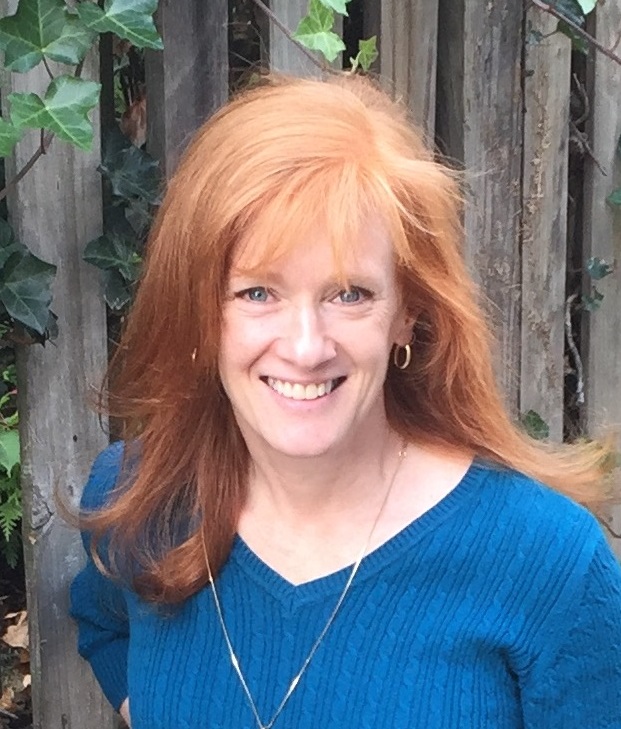As an avid genealogical researcher, I am keenly aware of the role that tradition plays in history. In all cultures, each new generation largely expects to follow traditions set by their predecessors, often without much thought as to why. Asking why is important. Challenging tradition brings progress. Haven’t the advances in civil rights over the past 100 years come largely from challenging tradition?
Recently I saw a discussion on Facebook on the tradition of a woman taking her husband’s last name upon marriage. A friend who had chosen to keep her birth name commented that she didn’t see any reason to change her name; she thought the tradition was outdated and paternalistic. I agreed, but I couldn’t help but notice that while she had kept her surname, both her son and daughter had their father’s last name. This has always been a tradition with which I had been uneasy, but until now I hadn’t been able to come up with a better alternative.
What if we started a new tradition? What if girls were given the last name of their mother, and boys were given the last name of their father, generation after generation? Wouldn’t that create for women the same strength of identity that males have always gotten from their last name? I would love it if I had been given the last name of my mother, and her mother, and her mother, and her mother, and if I knew that the name with which I was born into the world was going to be the name I would take with me when I left it, without having to agonize over whether I would change my name at some point or what surname my children would have.
This new naming pattern wouldn’t simplify things for children with two dads or two moms, but accepting that not all children in a family have to have the same last name would certainly expand the options for those families.
When I first got married in 1988, I reluctantly changed my last name because I thought that I should have the same last name as my eventual children. When we divorced after fifteen years and three children, I took my birth surname back and felt like I had reclaimed my true identity. When my children were born, I considered hyphenating their last name – but that’s not a tradition that can be sustained for more than one generation. If you hyphenate a daughter’s last name and she later marries, she’s got the headache of deciding what to do with her last name.
I know everyone doesn’t struggle with changing their last name like I did, but my last name was a big part of my identity. It was the last name of my great-grandfather, who emigrated from Italy with his family, and whom I knew as a child. I knew two of my other great-grandparents, but never really knew their ethnic backgrounds or where their ancestors were from and, frankly, wasn’t that interested at the time. I got so much of my identity from my last name. Never mind that with red hair and blue eyes, I’ve always been the least Italian-looking person in the room.
So for the past four years I’ve been immersed in researching my family history. I’ve built an enormous family tree that extends back 13 generations in some branches, and I’ve discovered immigrant ancestors from Italy, England, Ireland, Corsica, France, and Canada. My research has included DNA analysis, travel, communication with newly-discovered distant relatives, and reconnection with relatives I hadn’t been in touch with for years.
And a recurring theme that I see in my research is that last names are important. They identify family groups, give identity to towns, and provide a paper trail connecting each generation to the next. But women can be much harder to track than men because if they married at any point, their name changed. Many family history researchers hit brick walls because they can’t find a female ancestor’s maiden name. Or the ancestor disappears from records because she got married, but there’s no written record of the marriage to reveal her married name.
Maybe it’s time to let go of the tradition that says everyone in an immediate family has to have the same last name. We’ve made such enormous strides in the past ten years in reconsidering the very definition of family that it’s time to reconsider the names we use, too.
Share this:

About Patty Vitale
Patty Vitale lives in Germantown, Maryland. Born and raised in Massachusetts, she has lived in the Washington, D.C. area since 1986. She has a B.S. Business Administration from Boston University and a J.D. from American University. Patty is a member of the Society of Mayflower Descendants as well as the Daughters of the American Revolution, Hungerford’s Tavern Chapter, where she serves as the Chair of the Women’s Issues Committee.View all posts by Patty Vitale →
